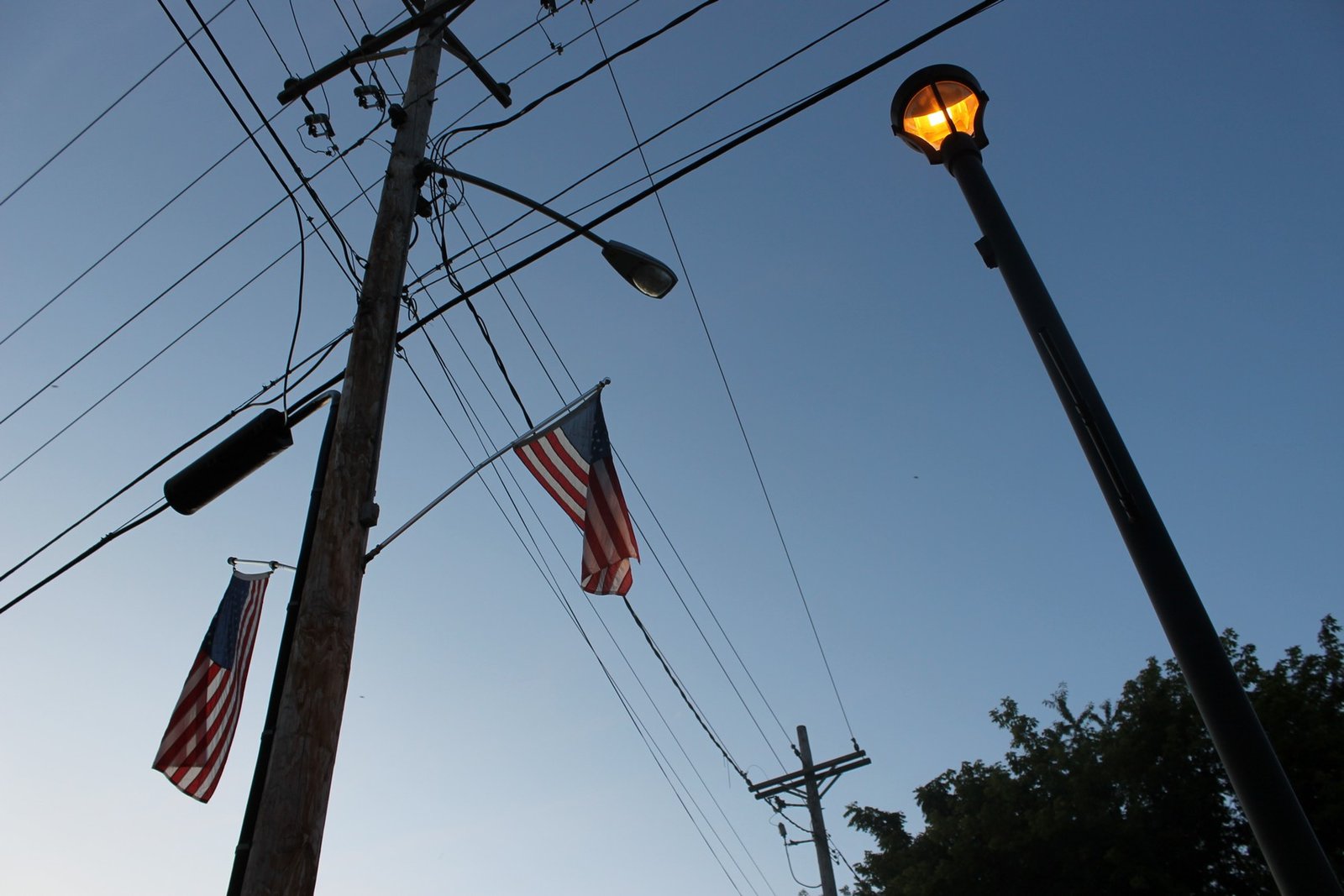It took until I went to college in the early 1980’s that I learned that geography was not only about maps, states, countries and continents. I took a class by Yi Fu Tuan where I learned about spaces and places. That besides physical geography there was also the whole world of human geography. Inside of human geography there were many sub types, cultural and political to name but two.
Political geography is defined as:
“Political geography is concerned with the study of both the spatially uneven outcomes of political processes and the ways in which political processes are themselves affected by spatial structures. Conventionally, for the purposes of analysis, political geography adopts a three-scale structure with the study of the state at the centre, the study of international relations (or geopolitics) above it, and the study of localities below it. The primary concerns of the subdiscipline can be summarized as the inter-relationships between people, state, and territory.” –
Wikipedia
I find it interesting that I have been unable to find any writings on how technology has affected human geography over time. Imagine with every technological change how our understanding of the earth, other spaces, places and cultures have been influenced. For instance, starting with the invention of the wheel the world has become a smaller place. People are always devising new ways to get around more efficiently, faster or easier. Fast-forward to 1450, in the West, the printing press made it so descriptions of faraway places were mass-produced and then could be consumed by many people. Notions of that world were given a perspective always from the cultural point of view of the observer. The telegraph made it so people continents apart could send messages instantly. Later the telephone, radio and then television perpetuated this phenomenon of space taking on new meaning. As time goes on, these technological advances have had profound effects on human psychology and geography. The world is no longer your family and farm, local community or village. It is seven continents and you can visit any one digitally and by pushing a few buttons. In our current world, this notion of space and presence has been invaded by the internet, but more significantly the cellphone and specifically, the “smartphone.”
From a human experience perspective, all of the modern communications technologies of the last 150 years have to do with changing this sense of space. A telegraph over the wire was like an arm reaching across an ocean. Radio had the effect of making it so someone hundreds of miles away was seemingly sitting in your living room. Television. simply added a visual component. At the beginnings of each of these technological advancement was a time of readjustment and decentralization of society and political power. Eventually, overtime, the power became monopolized by few powerful players. In television, in the United States it was the three major broadcasting networks. Now on the internet it is Google, Facebook and Amazon.
In 2019 the cellphone makes it so many people for most of the day are mentally not even in the physical location that they preside. I noticed this phenomenon when at the beach. It was a hot day and people went out to the ocean to cool off. I noticed a woman wading in the water while at the same time having a video chat with someone on her cellphone. Was the woman at the beach or was she with the person on the cellphone? Where was the woman? Is human geography simply where we occupy the planet or where we preside in our minds? The digital era makes it so geography no longer is a place at all but spaces that are digital and psychological.
The ramifications of this effect are many. We see it in the way the political systems around the world are in upheaval. No longer do you simply build walls and moats to keep away intruders as in the end the digital landscape has no borders. We see it in how political systems have become more reactionary and full of jingoism.
Furthermore, while people have this notion that they are in control, nothing could be further from the truth. The large internet companies are tracking everyone’s digital landscape and using techniques from behavioral psychology to reward or punish certain behaviors with the motivation of both political and economic influence. This has been dubbed the “surveillance economy.” George Orwell is surely snickering in his grave but probably not, as humour was not his strong suit. He is probably screaming – “I told you so!”
Where this will end up is unknown but for those who think that the digital era is a time of liberation and some sort of political and economic equalization are wrong. The same centralization of power that happened in previous technological eras has happened again. Monopolies have emerged as the powerful players. There are dangerous silos of digital communities that are like echo chambers reaffirming racist and cult-like manifestos based on ignorance and flawed science. This is happening in all spaces, both on the political right and left
What is the one constant is that the undesirable qualities of humans that have existed over centuries are unchanged – greed, vengeance, vanity, violence to name a few are still prevalent. In some ways, with the internet they simply are amplified.

